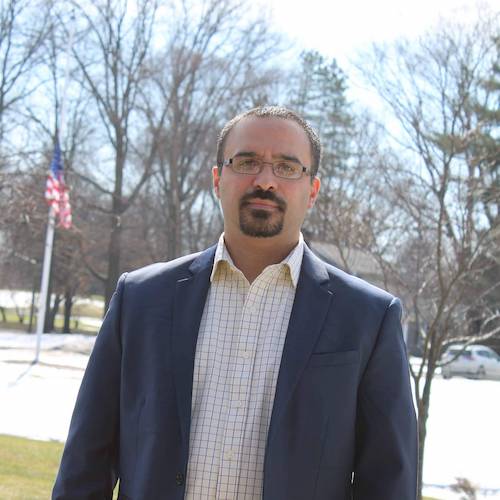Plenary: Post-Disaster Longitudinal Cohort Studies Across Cultural Contexts
Wednesday, July 14, 2:15 to 3:45 p.m. MDT
This opening plenary will feature the leaders of five major longitudinal cohort studies that were launched in the aftermath of major disasters including the 1995 Kobe earthquake, the 2011 Great East Japan earthquake, the 2004 Indian Ocean earthquake and tsunami, and Hurricane Katrina in 2005. Panelists will describe their efforts to measure individual and family responses to dramatic change across the life course through the lens of social determinants of disaster recovery. Each speaker will offer a high level overview of key findings from their long-term research and share lessons learned regarding the methodological and ethical challenges associated with studying disaster-affected people over time and across contexts.
The Long View: What Time Reveals About Social Determinants of Disaster Recovery
David Abramson, New York University
Inequalities, Environmental Changes, and Recovery: Kobe and the Great East Japan Earthquakes
Shigeo Tatsuki, Doshisha University
The RISK Project at 15 Years: Health, Migration and Socioeconomic Outcomes
Mary C. Waters, Harvard University
Long-Term Dynamics of Health, Well-Being, and Population Change After a Disaster
Elizabeth Frankenburg, University of North Carolina at Chapel Hill
Vietnamese Americans and 16 Years of KATIVA NOLA: Lessons Learned About History, Culture, Power, Resilience, and Disaster Recovery
Mark VanLandingham, Tulane University
